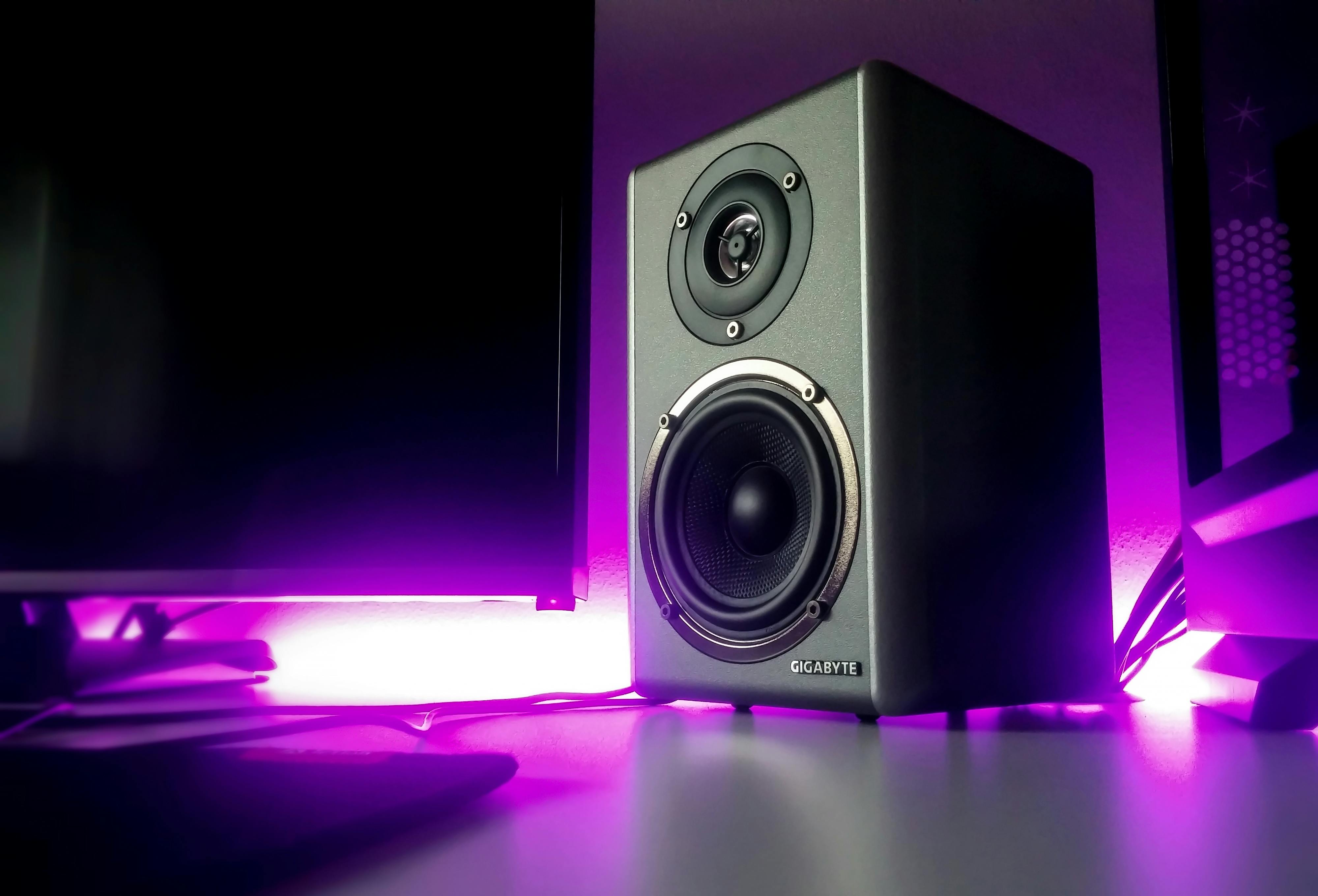Need to record a music demo? – Learn ten pitfalls to avoid when recording your music demo!
Recording a music demo is the most important step in landing a record deal. If you want a record deal, you have to really impress the record label and give them something professional, polished, unique, and exciting. Finding the right record producer can be an arduous process, but it is absolutely necessary if you want to have a chance at a successful music career. The following are ten mistakes to avoid when recording your music demo.
1. Beware of music producers with no experience or real credits in the music industry.
Anyone can call themselves a music producer. Calling yourself a music producer requires no experience, title, credits, or skill. Do you want to entrust your career to this person? Look for a music producer who has actually worked on records with signed artists and record labels. Valuable and necessary music production skills are acquired only through years of hard work on professional recording sessions.
2. Beware of producers who want to record your music demo in your “home studio”.
Although home recording equipment has improved over the years, there is still a big difference between a home studio and a professional recording studio. Due to space constraints and budget concerns, a home studio will often make many compromises in sound quality and flexibility that will undoubtedly affect the final product. It’s hard to get a clean sound out of someone’s bass. A true full-service recording studio has certain professional standards that they must meet and cannot make such compromises if they hope to stay in business.
3. Beware of producers who want you to sing in their closet or bathroom.
When you’re paying your hard-earned money for your demo music, you shouldn’t be shoved into a cramped, unventilated closet by some dudes. How safe would you feel? You need a studio with room to move around and you need to feel comfortable when you sing if you really expect to be at your best. Also, poor cabinet acoustics will give you a very undesirable vocal sound.
4. Be skeptical of music producers who claim to specialize in 7 or 8 styles of music.
Specialize means ‘dedicate yourself to a specific area of study’. An experienced music producer may do some related styles well, but be careful when they say they ‘specialize’ in rap, country, R&B, folk, rock, club music, blues, polka, etc. This is like casting a net to see who bites. Chances are they don’t have a real specialty and you’ll miss out on the subtle elements of each style. The result is a demo of music that sounds stale, stereotypical, and boring at best. If you want a producer who makes great music for your specific style, find one who really specializes in that particular sound.
5. Use a professional engineer to record and mix your music demo, not an amateur.
Engineering is a skill and talent that requires many years of hard work, study, and many grueling hours to acquire. Professional engineers have worked with hundreds of artists and music producers and have learned individual techniques from each of them. They are paid millions and thousands of dollars for their creative and technical skill. Engineers are responsible for the sound quality of a recording. You can have the best producer in the best studio in the world, but with a bad engineer the music will end up sounding rubbish.
6. Beware of producers who want to charge you by the hour.
While occasionally an hourly rate may be appropriate, it’s NEVER done in the actual music industry (where we make records, not demos). The record label pays the music producer a flat fee to give you a fully produced song for your artist. When a producer charges by the hour, you become the one producing your own track and the producer is reduced to the role of a keyboardist. They count on you making common mistakes and speeding up due to your lack of production experience.
7. Beware of producers who claim they will buy your demo.
Find out exactly what this means. Will they send it to their cousin in Georgia who has a wedding ring? Did you guys meet a guy at the music store who has a cousin on some label in France? If they have genuine contacts in the music industry that are really worth it, they might not have them for long if they promise to buy every artist they produce before hearing them. This will ruin your credibility. Don’t fall for this one.
8. Beware of producers who emphasize equipment over credentials.
Too often, people think that just buying a few pieces of equipment will get them a huge production. Do not believe it. Buying a brush does not make you an artist. Buying a violin does not make you a musician. Why do people think that buying a mixer makes them a music engineer or producer? It doesn’t. That just comes with hard work and experience. As an artist, your only concern should be how your music sounds, not whether the producers use Class-A mic preamps, a tube compressor, or Apogee A/D converters.
9. Listen to the music.
Hear examples of his work and see what moves him and which music producer he connects with. Does the music producer listen to you and share your vision? Do you feel comfortable with them? Do you like being in his studio? Do you trust them? If so, that’s the right music producer for you.
10. You get what you pay for.
Music demos are NOT like McDonalds hamburgers. They are not mass produced and they are certainly not all created equal. While cost is a concern when doing a music demo, you have to realize that a bad demo is worse than no demo at all. A bad demonstration will close doors for you that you may never be able to open again. Like everything in life, garbage is cheap and you pay more for higher quality. For a seasoned music professional, you may end up paying more than that with a cheap, cheap producer. But if you really want to land a record deal, you need to present yourself in a professional light if you have any hope of getting signed.




